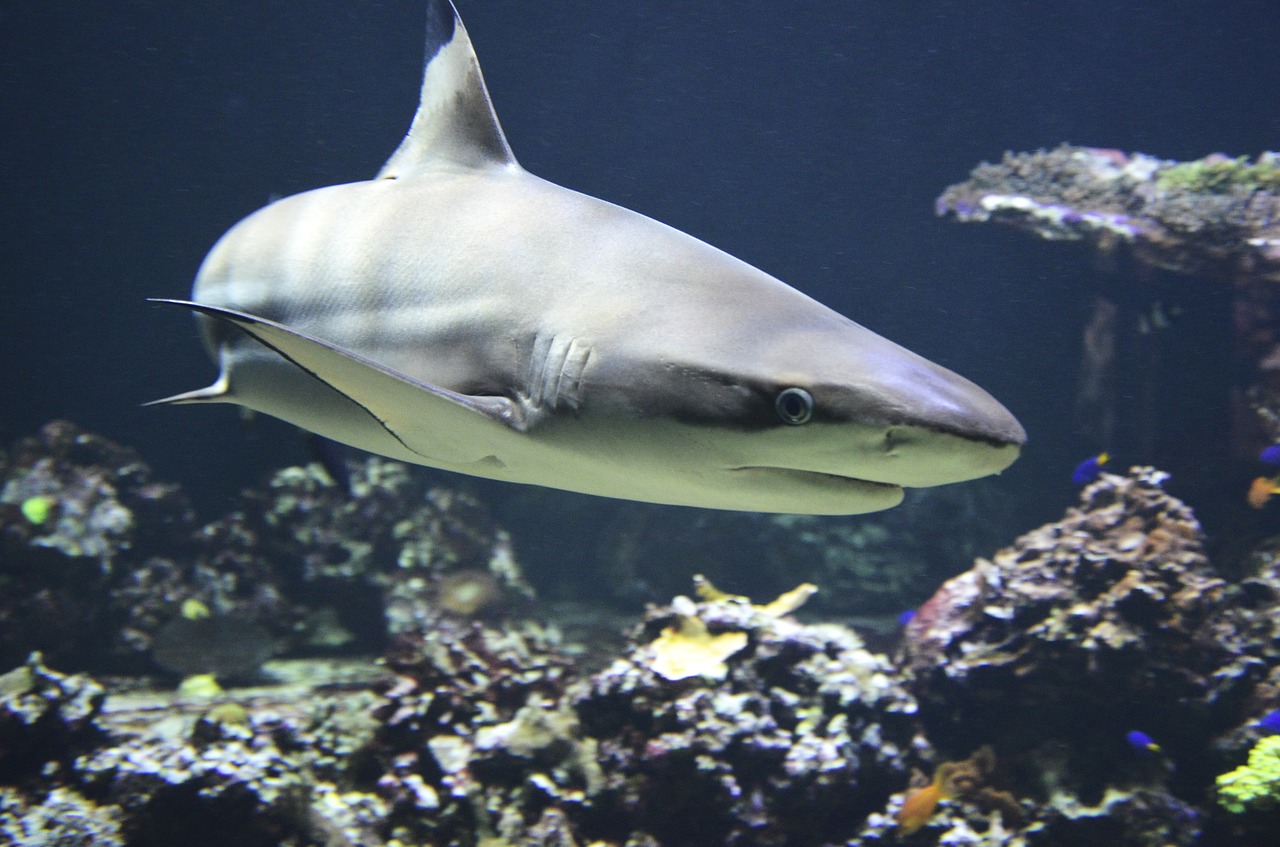
The internet is undoubtedly a feat of human triumph. Streaming services have transformed how we listen to music and watch TV, social media means it has never been easier to catch up with friends and news sites give us regular updates on how deeply depressing life is.
Then there are new trends like smart home automation, which means we can use devices like an Amazon Echo to turn the lights on at home or even order a pizza – incredible innovations which save us the pain of getting off the sofa or communicating with other actual people.
But just imagine if all of this mindblowing technology was suddenly and brutally snatched away from us? It doesn’t bear thinking about, but a new and unexpected threat is emerging which could see us return to the dark old days of using switches and speaking into telephones: sharks.
Staying secure
The issue of security and safety is of course something we hear a lot about in relation to the internet, whether it is the worrying number of cryptocurrency projects which turn out to be scams or the much more serious matter of Katy Perry’s Twitter account being hacked. Obviously, a range of IT security tools exist to stop stuff like this from happening, with WAF systems filtering malicious requests from incoming web traffic, for example, or ransomware protection software ensuring nobody will hold your selfies for crypto ransom. But, while technology like that keeps us safe while we’re on the internet, what is actually protecting the vast network of cables that physically form the world wide web?
While this might sound like a strange question, some reports do in fact suggest that cables could be under threat from a danger which has been under our noses – and in our oceans – all along.
A bite to eat
In news which will absolutely shock no one who has seen at least one Sharknado film, it turns out sharks do not have the best interests of humans at heart. In recent years, it appears the underwater terrors have turned their attention to breaking the internet – and, no, not in the way that Kim Kardashian did either. An article from Wired outlines how Google is using undersea cables to connect regions like the US and Asia, but has had to resort to covering the equipment in a Kevlar-like material in order to prevent sharks from biting through the lines. The issue has also apparently been a problem for decades too, as a deep-ocean fibre optic cable was apparently cut four times due to bites in the 1980s.
But why have sharks turned their attention to our glorious information superhighway? Opinions from experts range from our fishy friends simply being curious to suggestions that they are in fact attracted by the magnetic fields created by the cables. Or, you know, they just want the demise of humanity.
Thank you, experts
It is very worrying to discover revelations that sharks are trying to destroy the internet, but we are thankful that experts are taking steps to tackle the issue and keep our wonderful online world safe.
No internet would mean no Twitter arguments between minor celebrities, no friends shamelessly oversharing on Facebook and worst of all no selfies. And we can all agree that this simply not a world we want to live in.



